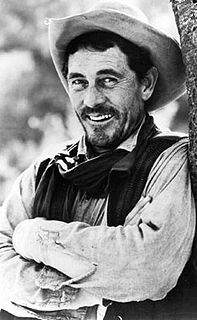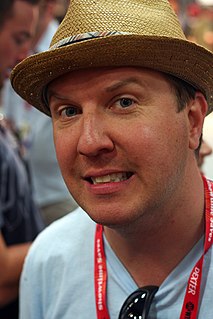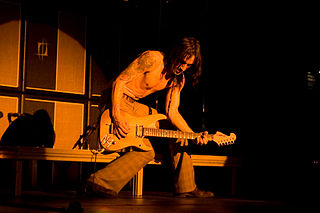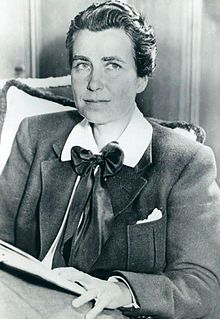A Quote by Ken Curtis
We did some jumping at the start of the show. We went out without telling anyone - and the studio liked to kill us. They were threatened with cancellation of their production insurance.
Related Quotes
Women: I liked the colors of their clothing; the way they walked; the cruelty in some faces; now and then the almost pure beauty in another face, totally and enchantingly female. They had it over us: they planned much better and were better organized. While men were watching professional football or drinking beer or bowling, they, the women, were thinking about us, concentrating, studying, deciding - whether to accept us, discard us, exchange us, kill us or whether simply to leave us. In the end it hardly mattered; no matter what they did, we ended up lonely and insane.
I was always pretty broad. I've had a couple bad experiences. One time, I showed up late for a gig in Brooklyn at an Italian restaurant. I ran on stage, did my show, and then some guy in the audience threatened to kill me because he didn't like my joke. Instead of talking to him, I just ran off stage. And then, because I was late, the owner of the restaurant threatened to kill me. And I was 19 years old and so scared that I almost started crying. But, I've done every gig you can imagine, in every state.
Wallace Stevens had more time to write as an insurance agent. He was a bond lawyer and I know that insurance company lawyers don't have to do nearly as much as we had to do. We were out more in the production area. I'm not condemning Stevens for having had a better job than I did, but that's one of the many places where I differ from him.
In the Leach Pottery we did most of our work on the wheel. [Bernard] Leach did a little work in the studio, which was press-molded forms, plastic clay pressed into plaster forms to make small rectangular boxes and some vase forms, which he liked to make. These were molds which had been made to an original that he had modeled in solid clay, and during our work there, sometimes I would be pressing these forms as a means of production.
There were a lot of lessons of production to be learned. On the page, the biggest thing you learn on any TV show is how to write to your cast. You write the show at the beginning with certain voices in your head and you have a way that you think the characters will be, and then you have an actor go out there, and you start watching dailies and episodes. Then, you start realizing what they can do and what they can't do, what they're good at and what they're not so good at, how they say things and what fits in their mouth, and you start tailoring the voice of the show to your cast.
Well, I'm telling them two things. One is that, look, this is going to be something when the American people realize - once it's passed - that, A, it does take care of preexisting conditions; B, you're insurance rates aren't going to skyrocket; C, the insurance companies aren't going to be running the show like they were before; D, you're going to be in a position where you can keep your insurance that you have. That once the American public realizes that, you're going to get a reward for this. They're going to be rewarded.
I definitely want to start my own production company at some point. I'm actually teaming up with Funny or Die to put together a TV show right now, that I can't really talk about because it's still in the very preliminary stages, but if it pans out this will be the first project under my production company, which I have yet to name.




































